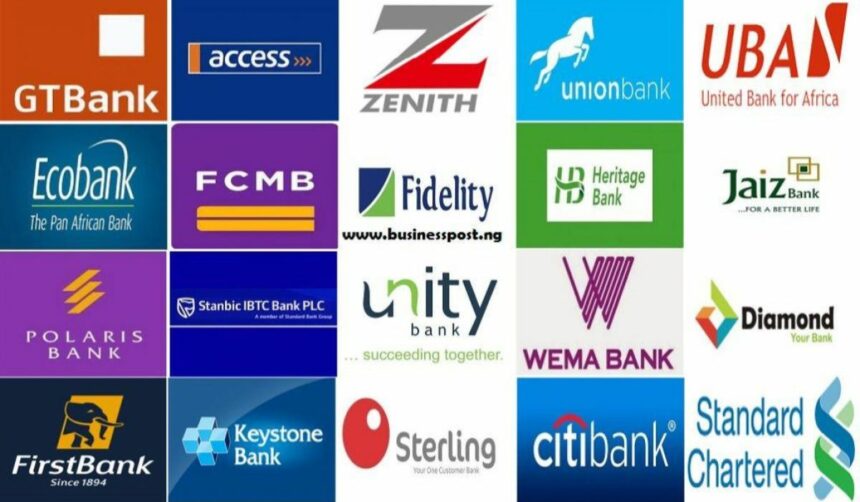In defiance of stringent policy measures implemented by the Central Bank of Nigeria (CBN), commercial banks in the country have recorded a remarkable 44 per cent year-on-year surge in total credit to the private sector, reaching N59.7 trillion as of November 2023.
The Private Sector Credit Extension (PSCE) experienced a robust 43 per cent increase over eleven months, according to data from the CBN.
The data encompasses lending activities across the banking system, with deposit money banks (DMBs) contributing 69 per cent to the overall figure.
Additional lending came from the CBN, state-owned development banks such as the Bank of Industry, and smaller credit extensions by other institutions, including microfinance and non-interest banks.
Despite the CBN’s implementation of measures to curb inflation, such as reintroducing Open Market Operation (OMO) auctions, Cash Reserve Requirement (CRR) debits, and modifying the asymmetric corridor of the Monetary Policy Rate (MPR), private sector credit has surged.
Muda Yusuf, director of the Centre for Promotion of Private Enterprise (CPPE), expressed concern over the significant spread between deposit and lending rates in the Nigerian banking system, exceeding 20 per cent.
Yusuf emphasized the urgent need for the banking industry to address these inefficiencies, as the high spread could discourage investment and savings, impacting the country’s economic growth potential.
Analysts at FSDH anticipate future interest rate adjustments to combat inflation while supporting economic growth. They estimate the MPR to stabilize at 19 per cent in the first half of 2024, with potential downward adjustments in the latter half contingent on a decline in the inflation rate.
While private sector credit has surged, banks’ net credit to the government has steadily declined since the securitization of the Ways and Means.
According to experts, the CBN’s shift from financing the government’s fiscal deficits through Ways and Means advances aligns with the new governor’s focus on ensuring monetary and price stability.
The surge in private sector credit and ongoing efforts to combat inflation set the stage for potential adjustments in interest rates and continued monetary policy measures in Nigeria.










